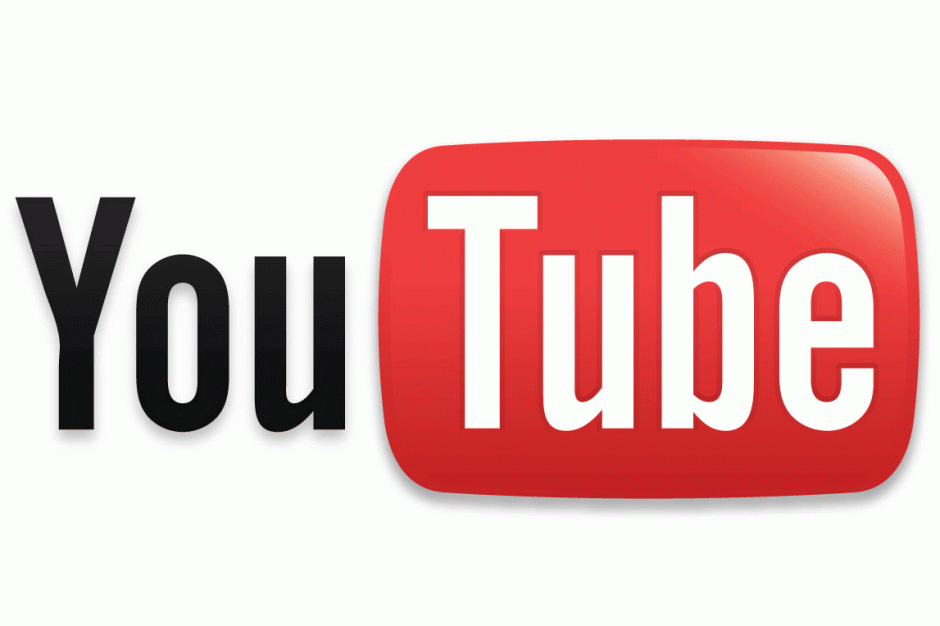The big news in music and tech this week isn’t Sub Pop’s new digital subscription service via Drip.fm. Nor is it the report that Americans consume four hours of audio daily. It’s the legal negotiations waging on between YouTube and a coalition of independent record labels that might result in hundreds of your favorite music videos being blacked out from the site as soon as next week.
The conflict is over licensing terms for YouTube’s new subscription service, which it plans to launch this summer. As YouTube looks to ensure all content on the new platform is governed by its new contractual terms, the company has made some seemingly harsh threats against labels including XL Recordings, 4AD, and Domino — the homes of Radiohead, Adele, Vampire Weekend, and Arctic Monkeys among others.
Since May, the Worldwide Independent Network (WIN) labels — which boast the second largest global market share after Universal — have complained of YouTube offering them less favorable terms than major labels and threatening to block their videos from the platform unless those indies sign the contracts.
Then came a report by the Financial Times Tuesday quoting YouTube’s head of content and business operations, Robert Kyncl, as saying the company would indeed start blocking videos “in a matter of days” from labels that had not yet signed the new terms. The standoff has since become a PR nightmare for YouTube’s parent company Google, which was largely seen one of our country’s more noble $395 billion corporations.

Also Read
Compact Discs: Sound of the Future
In a response to Kyncl’s statement, Alison Wenham, CEO of WIN said in a press release, “Put simply, by refusing to engage with and listen to the concerns of the independent music sector YouTube is making a grave error of commercial judgment in misreading the market. We have tried and will continue to try to help YouTube understand just how important independent music is to any streaming service and why it should be valued accordingly.”
As Engadget reports, the charge of a “mass cull” of indie music videos, as has been thrown around, isn’t totally accurate. The ban YouTube would impose is not a blanket ban, as clips released through Vevo will remain and so will fan-uploaded copies of tracks. But indie labels who have not signed the deal will be left in the lurch when it comes to the ad-supported monetization scheme, losing out on the many millions YouTube generates annually.
Furthermore, YouTube will not use its copyright algorithms to prevent infringing content, meaning independent labels will have to search and issue takedown requests on their own. As Billboard points out, it is nearly impossible to manually play this game of “whack-a-mole” fast enough to keep infringing material off of the website.
So far, YouTube has signed up 95 percent of all labels for the new service, and will block content from the unsigned 5 percent, in certain countries, as part of predetermined contract agreements, according to Rolling Stone. A company statement said the new service will “bring our music partners new revenue streams in addition to the hundreds of millions of dollars YouTube already generates for them each year… We are excited that hundreds of major and independent labels are already partnering with us.”
This battle is sure to continue, and in days to come we will see if YouTube stands by its words and whether the labels have the moxy to hold out.




